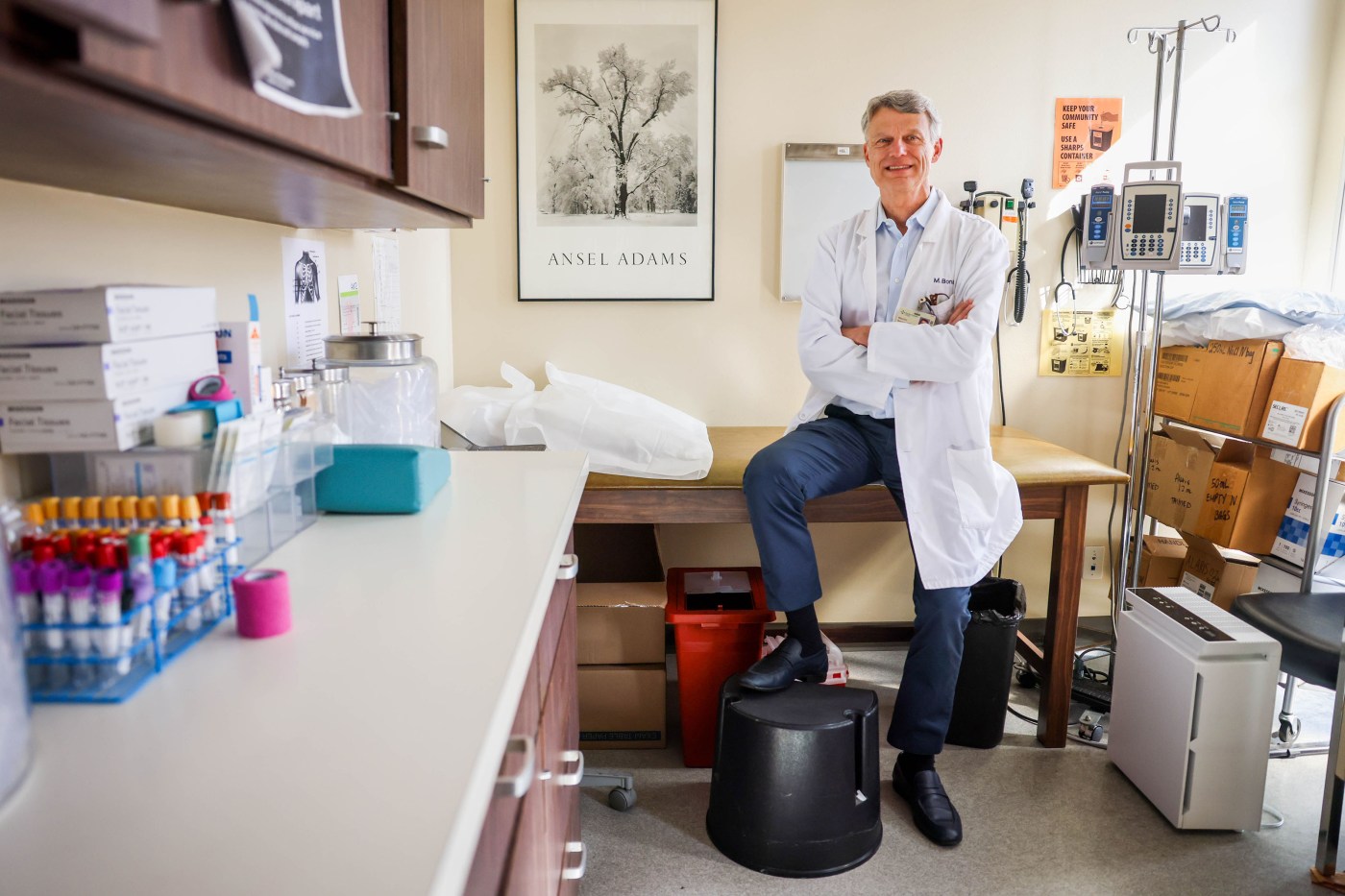UPDATE: A groundbreaking effort to find a cure for chronic hepatitis B is underway, led by liver specialist Dr. Maurizio Bonacini in San Francisco. With over 2 million Americans affected, the urgency for effective treatment grows as prevention efforts falter.
New reports confirm that chronic hepatitis B, a leading cause of liver cancer worldwide, poses a significant health threat. The World Health Organization estimates that one in three people globally has been infected with acute hepatitis B, with infants facing a 90 percent chance of developing chronic infection. If untreated, the virus progresses to liver cancer in 25 percent of cases, leading to a staggering mortality rate.
Dr. Bonacini has joined a critical clinical trial named B-United, encompassing 300 chronic hepatitis B patients across 80 sites in 18 countries, sponsored by GlaxoSmithKline. His San Francisco clinic is among the first to administer a potential cure. “It’s the last frontier,” Bonacini stated, emphasizing the significance of finding a solution.
The current treatment landscape requires patients to take antiviral medications for life, which can have serious side effects like nausea and fatigue. “What we have now is the bronze medal,” Bonacini explained. His goal is to achieve a “gold” cure that completely eradicates the virus from the body.
Patients enrolled in the trial receive monthly injections of a new investigational drug aimed at slowing the production of surface antigens. If successful, patients may stop treatment after 24 weeks, pending monitoring results. The U.S. Food and Drug Administration could consider these injections for market approval by late 2027.
Despite the urgent need for better prevention and screening methods, challenges persist. In June, Dr. Bonacini urged over 60 primary care physicians in California to prioritize hepatitis B screening. However, many expressed concerns about the additional burden on their practices.
A poignant case highlights the dire need for improved screening protocols. One patient, a San Francisco resident in his 40s, contracted hepatitis B before receiving the vaccination as a child. Now dealing with the disease, he volunteers for clinical trials, hoping for a breakthrough. “I can’t imagine the financial burden for those with inferior coverage,” he shared.
As discussions around hepatitis B continue, Bonacini advocates for widespread awareness. “We need to talk more about hepatitis B,” he urged, reflecting the stigma many patients face.
The global fight against hepatitis B is ongoing, with Bonacini collaborating with experts from regions like Tanzania and Hong Kong, where the disease prevalence is alarmingly high. “We just have to find the right drugs,” he stated, echoing the optimism shared among researchers.
With new treatments on the horizon and a dedicated team working tirelessly, the path to a potential cure for chronic hepatitis B may finally be within reach. As the trial progresses, the world watches closely for promising results that could change the lives of millions.





































































